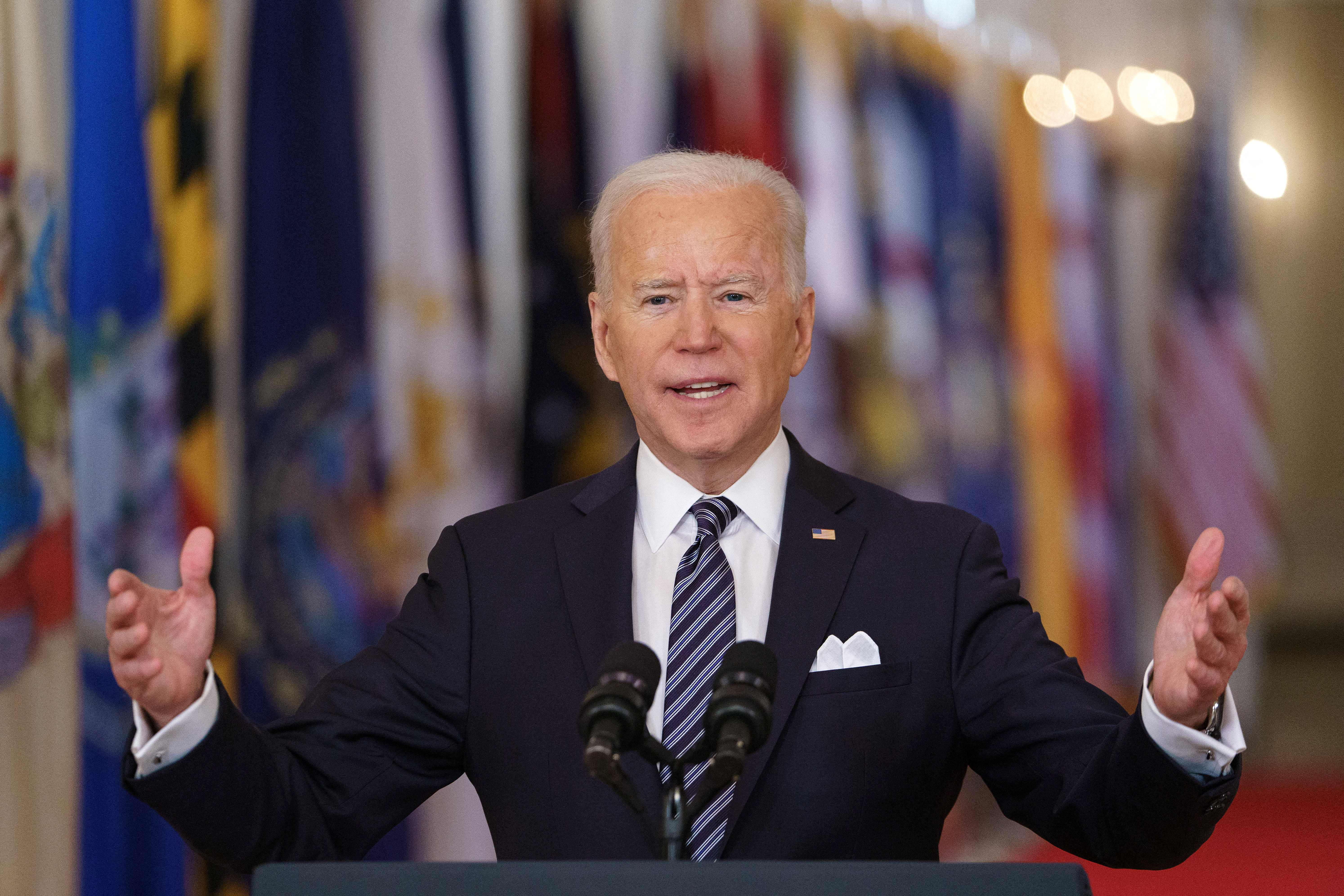
- Select a language for the TTS:
- UK English Female
- UK English Male
- US English Female
- US English Male
- Australian Female
- Australian Male
- Language selected: (auto detect) - EN
Play all audios:
General Parvez Musharraf, former Pakistani President was declared an “absconder” on 11 May by a special tribunal. The former Pakistani dictator, who is being tried for high treason has
failed to appear in person despite repeated summons .The court directed authorities to produce him before the court within 30 days. The government was directed by a three-member court to
print posters and advertisements in newspapers declaring Musharraf an absconder. The posters will be placed outside the court and the accused’s residence. The former dictator flew into Dubai
for medical treatment for an alleged spinal cord ailment after the Supreme Court lifted the ban on his foreign travel. Due to the high number of cases against him, it is reported that he
may not return to the country. The court has asked the government to explain why Musharraf was allowed to go abroad without its consent. A submission of a record of all the properties owned
by the accused has been ordered by the court which also directed the Federal Investigation Agency (FIA) to produce Musharraf before the court within 30 days. ALSO READ: Rules Relaxed to
Allow Musharraf to Depart From Pakistan: Reports THE RISE AND FALL OF THE FORMER ARMY GENERAL The trial against Musharraf began in 2013 for abrogating the constitution in 2007 which is
considered as high treason, punishable by death, under article 6 of the Pakistani constitution. He also faces trial for illegal detention of judges in the same year . Musharraf’s rise to
power as Pakistan’s president was cemented by a bloodless coup in 1999, deposing then-prime minister Nawaz Sharif. Facing impeachment following the 2008 elections, he went into a self
imposed exile to Dubai and returned in 2013, but he was unable to stand for elections . The high profile cases against him left him unable to travel out of the country till the ban was
lifted in March 2016. In January 2014, Musharraf suffered a “severe heart attack” on his way to a special court to face the high treason charges following which he was admitted to an army
hospital. Published: 11 May 2016, 8:02 PM IST






:max_bytes(150000):strip_icc():focal(216x0:218x2)/joel-grey-435-c6813caa236f40fba3024f58888518ce.jpg)
